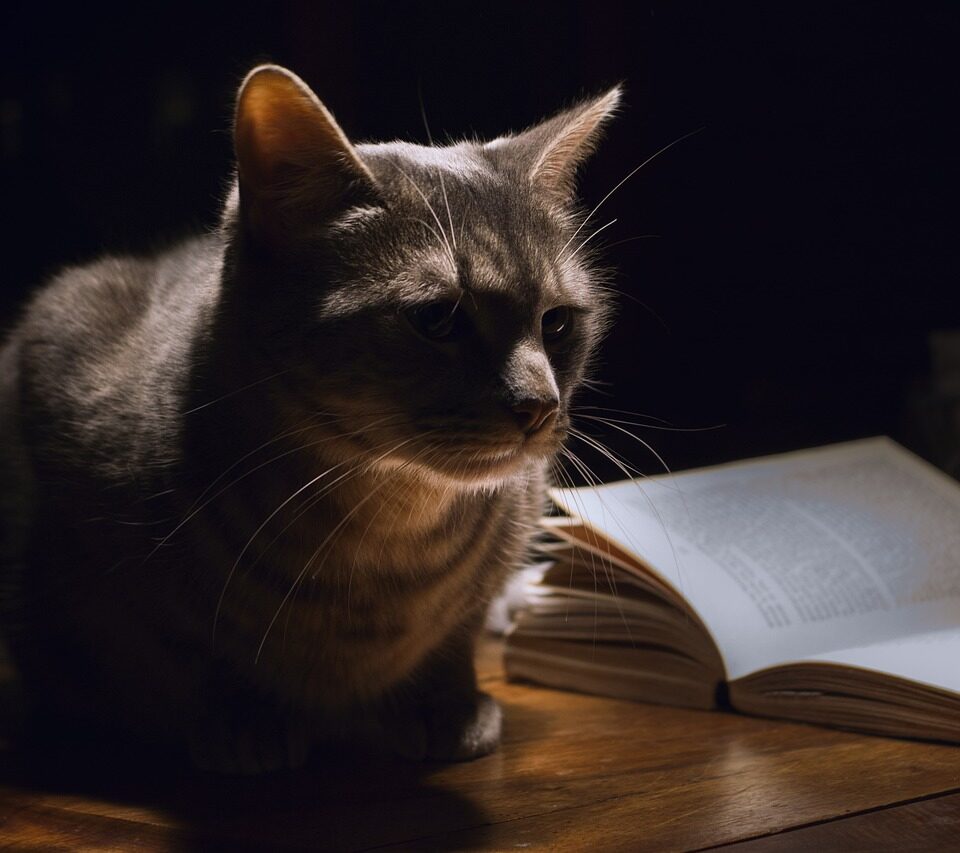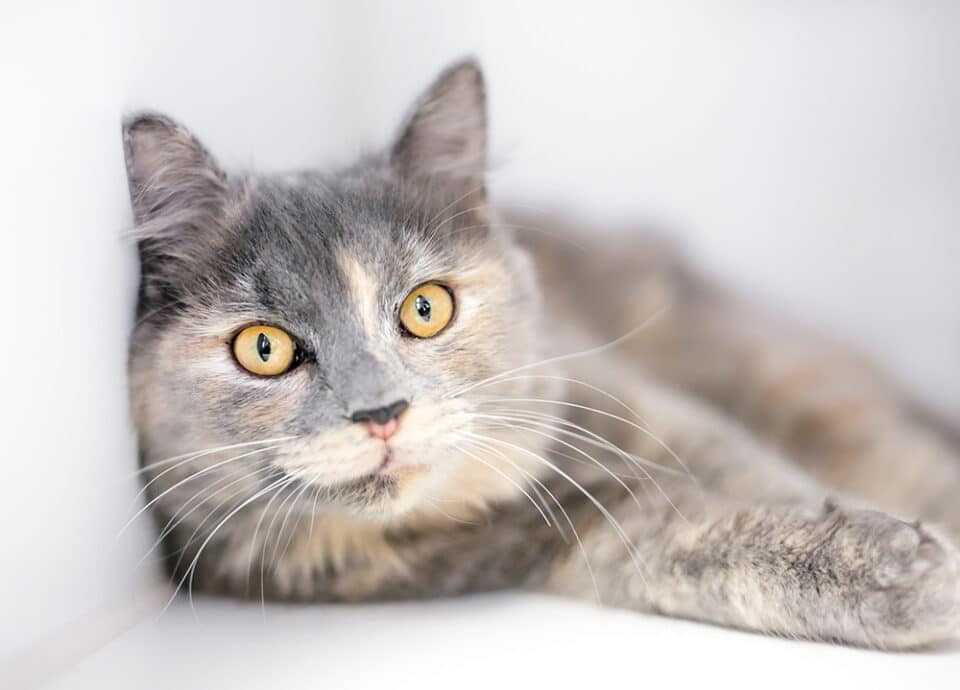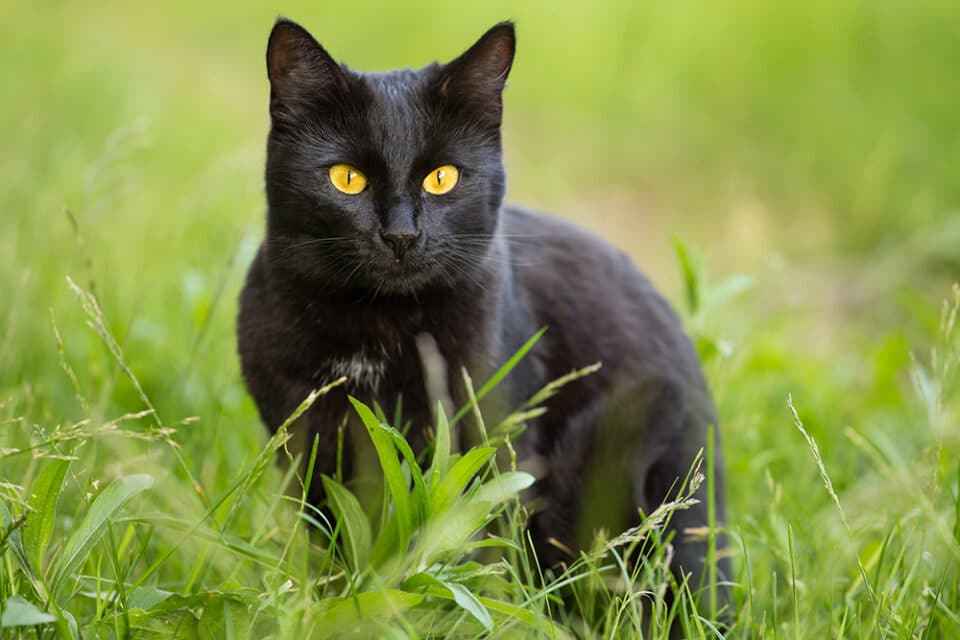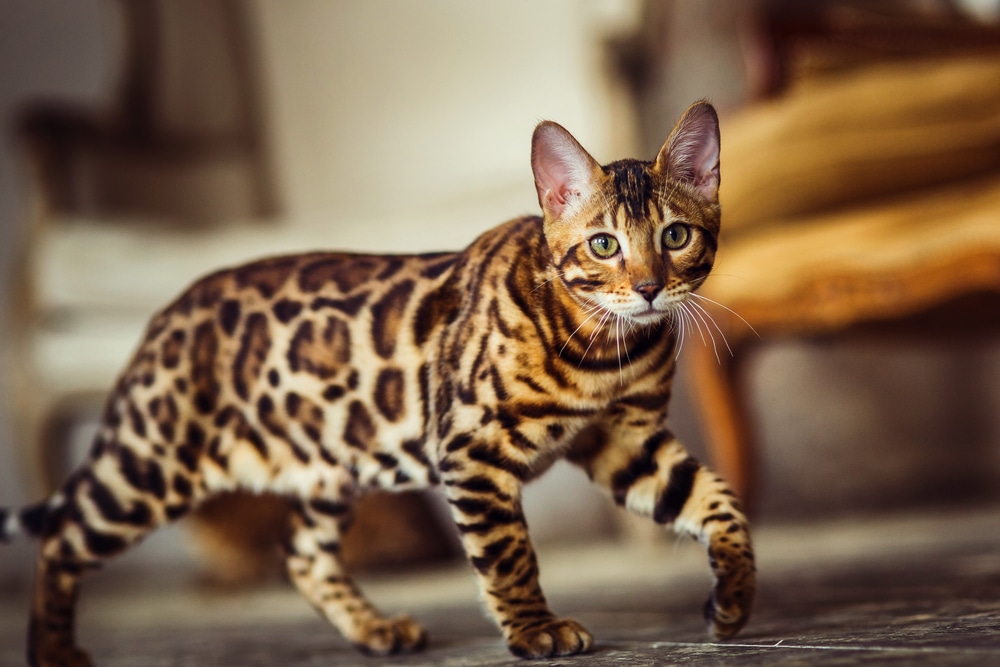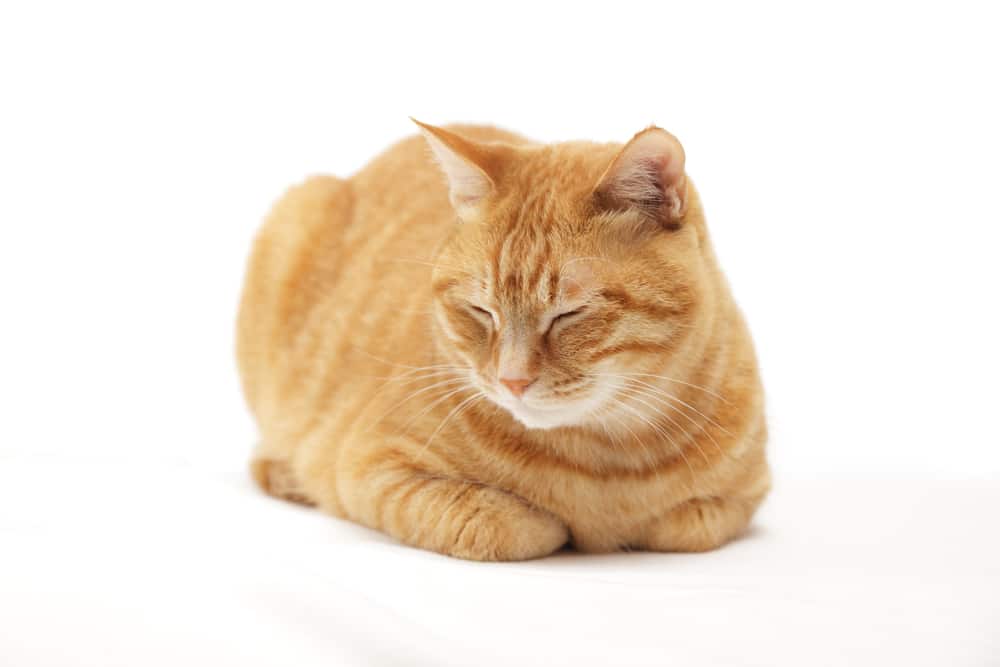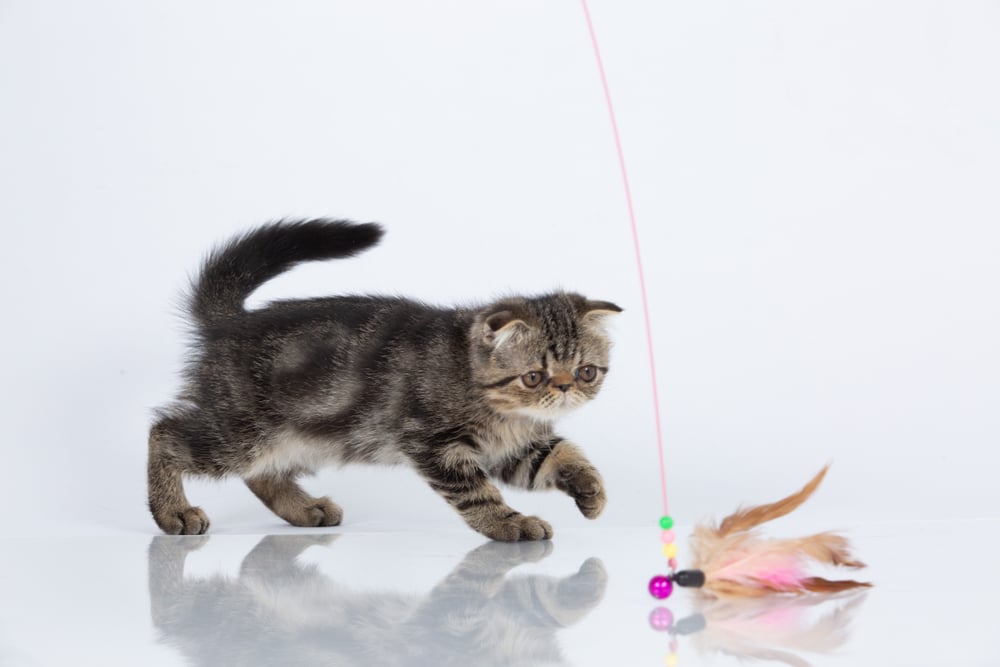Ever wondered if cats are fans of the dark? Here’s what you need to know about their mysterious nighttime antics.
- Cats are naturally active when the world dims, preferring the twilight hours of dusk and dawn for their adventures.
- Night-vision superpowers? Not quite, but cats have special eyes that make low light their playground.
- Those glowing eyes? It’s all thanks to special eye structures that maximize every bit of light.
- Leaving a light on for your feline friend might not be necessary. Here’s why it’s all about their senses.
Cats are naturally drawn to the dark. As crepuscular creatures, they’re most active at dawn and dusk, aligning perfectly with their hunting instincts. It’s no wonder you find them snoozing all day to prepare for the next night’s escapades.
Have you ever peeked into a cat’s eyes and noticed those fascinating pupils? During the day, cats keep their pupils tight to shield their sensitive eyes from the light. But as night falls, those pupils become wide and round, allowing them to take in more light. This, coupled with their curved corneas, makes cats excellent night adventurers. Their pupils can expand up to 300 times their size, a stark contrast to humans, whose pupils enlarge only by a factor of 15. Add to that their eyes’ mirror-like structure, the tapetum lucidum, and we see why their eyes often glow in the dark.
While cats seem mystical, their vision does demand some light. They need only a fraction of the light humans require, so they navigate the night just fine with a bit of ambient light trickling in through windows. Sure, it’s not owl-level night vision, but it’s still impressive.
So, should you leave a light on for your cat at night? Probably not. Your kitty can easily make do with the light sneaking in from outside. More impressive than their sight is how their other senses feature in their nighttime adventures. With a sense of smell 14 times sharper than ours and ears that detect a vast range of frequencies, they’re perfectly equipped for dark environments. Add whiskers that act as radar and you’ve got a cat ready to rule the night!
But there are exceptions. If your cat acts like a tiny marauder at night, leaving a low light on might keep them from having accidental mishaps like getting stepped on.
Keeping your cat safe during their nighttime escapades involves a few tricks. Create a consistent night routine. Cats love schedules as much as they love dark hideouts. Feeding times affect their sleeping habits too. An evening romp paired with dinner can help tire them out for the night. And if your feline pal gets overly energetic, a calming spray might just help curb those midnight zoomies.
Cats have perfect adaptations for enjoying the dark, using their senses to navigate without needing bright lights.
